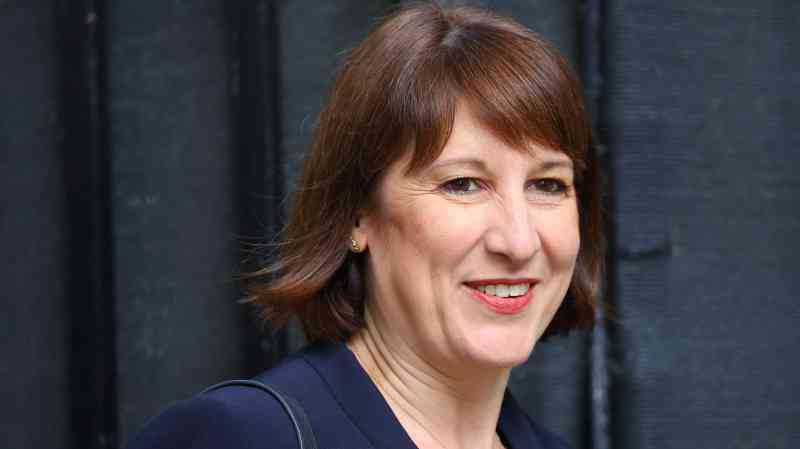Should adult children pay to go on a family holiday?
Footing the bill is often the only way to persuade grown-up children to join you abroad — but is it fairer to make them cough up? We get both sides of the argument.
Simon Phillips, managing director of the travel money firm No1 CurrencyParents who can afford it should pay for their children to join the family holiday, regardless of whether their children are financially independent. Because the memories made together are priceless.
We have been going on family holidays for years with our daughter, who is 20, and our son, who is 16. Our daughter flew the nest when she went to university two years ago and if I am honest with myself, if she had had to pay to join us on our summer holiday this year to Turkey — where I am writing this — she probably wouldn’t have come.

Money is tight for her and she’s busy building her own life, enjoying adventures and experiences with her friends. Outside term-time she works in a restaurant to build up cash for university, and she’s saving for a trip to Italy she’s planning to take with her friends in September.
It would be unfair of us to ask her to use some of that money to cover her costs on the trip we are on. If we had asked her to pay she would have had to choose between a trip with family or friends.
Because she is away for most of the year at university, the time we can spend together is even more important and I expect that as she gets older these trips may become even rarer.
• The best travel insurance providers
As a parent, the value and joy of bringing the family together for a holiday is well worth the extra cost. Plus adding her to the trip wasn’t that expensive. Yes, it means a bigger apartment, an extra flight and another mouth at the dinner table, but it has made the trip far more special.
When we look back at this trip, and hopefully a few more in future years, we are confident the memories will be more valuable than the money we spent. Enjoying this extra time together before we truly go our own ways is important to us and we don’t want to miss it.
Yes
Ellie Murray-Playfair from the discount website MyVoucherCodesWhile family holidays can create priceless memories, the price of flights, hotels and food can make a trip for the whole crew more than parents can comfortably afford.
One of the first things to be sacrificed when money is tight is the luxury of a family holiday. Our research recently found almost half of adults are reducing the number of holidays they take or forgoing getaways altogether.

But that does not mean parents should foot the bill to bring their adult children along with them on a holiday they may not otherwise be able to take. There has to be a cut-off point, otherwise the children remain dependent on their parents.
By sharing costs, the holiday is also likely to be much less stressful. For the lucky children whose parents can fork out for their holiday, it is only fair that they still help to lower the cost in some way — maybe by covering meals out or paying for a treat for the whole family — and this can be done without breaking the bank.
• The best travel debit and credit cards to use abroad
Even covering the cost of snacks and drinks can help to reduce the burden of cost on parents, many of whom will have suffered the same financial squeezes as their children in recent years.
For parents who need their children to contribute to bigger parts of the family holiday, there is no one-size-fits-all option for splitting costs. If you need to decide what your children can afford to contribute, start by comparing the expendable income of each party and then split costs proportionally.
As with any group holiday, make sure what you are asking people to pay is realistic. An adult child in their first year of work may not be able to afford their share of a Caribbean cruise, but flights to Spain might be more in their budget. If they are saving up for a house deposit or to start their own family, consider these things too. After all, a family holiday is meant to be a fun affair, not one that causes tension over money.






